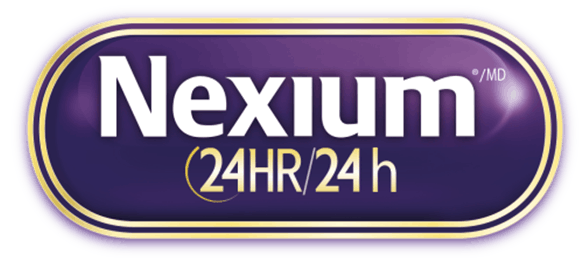The Truth About Heartburn
Below are some common thoughts about heartburn – which ones are true, and which are false? Can some natural remedies relieve heartburn? Does drinking milk help soothe acid reflux? We clear up some popular myths.
Alkaline water treats heartburn
MYTH: All foods and drinks have a pH level, ranging from 0 (most acidic) to 14 (most alkaline). As we know, acidic foods are more likely to cause heartburn. The theory goes, then, that drinking alkaline water can prevent heartburn. However, this isn’t strictly true.
Tap water has a pH level of around 7 (neutral) while alkaline water sits at 8 or 9. For that reason, some people think that drinking alkaline water can neutralize stomach acid and soothe heartburn. The truth is that it may do so – temporarily – but ordinary tap water can also raise your stomach’s pH, dilute stomach acid, and flush out your esophagus. So, save money on fancy alkaline water and drink plenty of regular tap water to help your health instead.
Drinking milk can ease heartburn
MYTH: it’s a common misunderstanding that drinking milk can help relieve heartburn. In truth, milk fat can worsen heartburn, like any fatty food.
Non-fat milk may help soothe heartburn by acting as a temporary buffer between acidic stomach contents and the stomach lining. Low-fat yogurt can provide the same effect, plus it contains healthy probiotics to aid digestion. Be sure to check the fat content on the label when looking into dairy-based heartburn treatments.
Baking soda helps with heartburn
FACT: sodium bicarbonate – also known as baking soda – has an alkaline pH and is a common ingredient in antacids, which are over-the-counter medicines that temporarily neutralize stomach acid.
However, it’s important to remember that antacids don’t treat the source of acid reflux. They’re not recommended for long-term use, as more problems can arise through changing your body’s pH levels too often. Baking soda is also a salt and ingesting too much can cause health issues. Talk to your doctor or pharmacist about sodium bicarbonate antacid dosages.
You can have acid reflux without heartburn
FACT: this is known as silent reflux or laryngopharyngeal reflux (LPR). Stomach acid can reflux into the esophagus and even up the throat without causing any symptoms or heartburn.
So, if you are experiencing other symptoms of acid reflux besides heartburn, like a hoarse voice, difficulty swallowing, an acidic taste in your mouth, a dry cough, or excessive burping, be sure to check out the cause with your doctor, as it may be silent reflux. Luckily, LPR is treatable in much the same way as regular acid reflux once you know you have the condition.
Heartburn can be treated and managed
FACT: while there is no magic cure for heartburn, the condition can be controlled so that you don’t suffer from debilitating symptoms every day. If you have frequent heartburn, book an appointment with your doctor to discuss how best to treat your acid reflux.
Treatment options include proton pump inhibitor medication – like Nexium 24HR – as well as changes to your lifestyle and diet. If the problem persists, you may need a gastroscopy (a procedure where a camera is used to look down your esophagus) to further investigate the cause of your reflux. There are also surgeries that help serious cases of GERD.
However mild or severe your heartburn problem is, don’t suffer in silence. Talk to a healthcare professional about the best treatment options for you.

